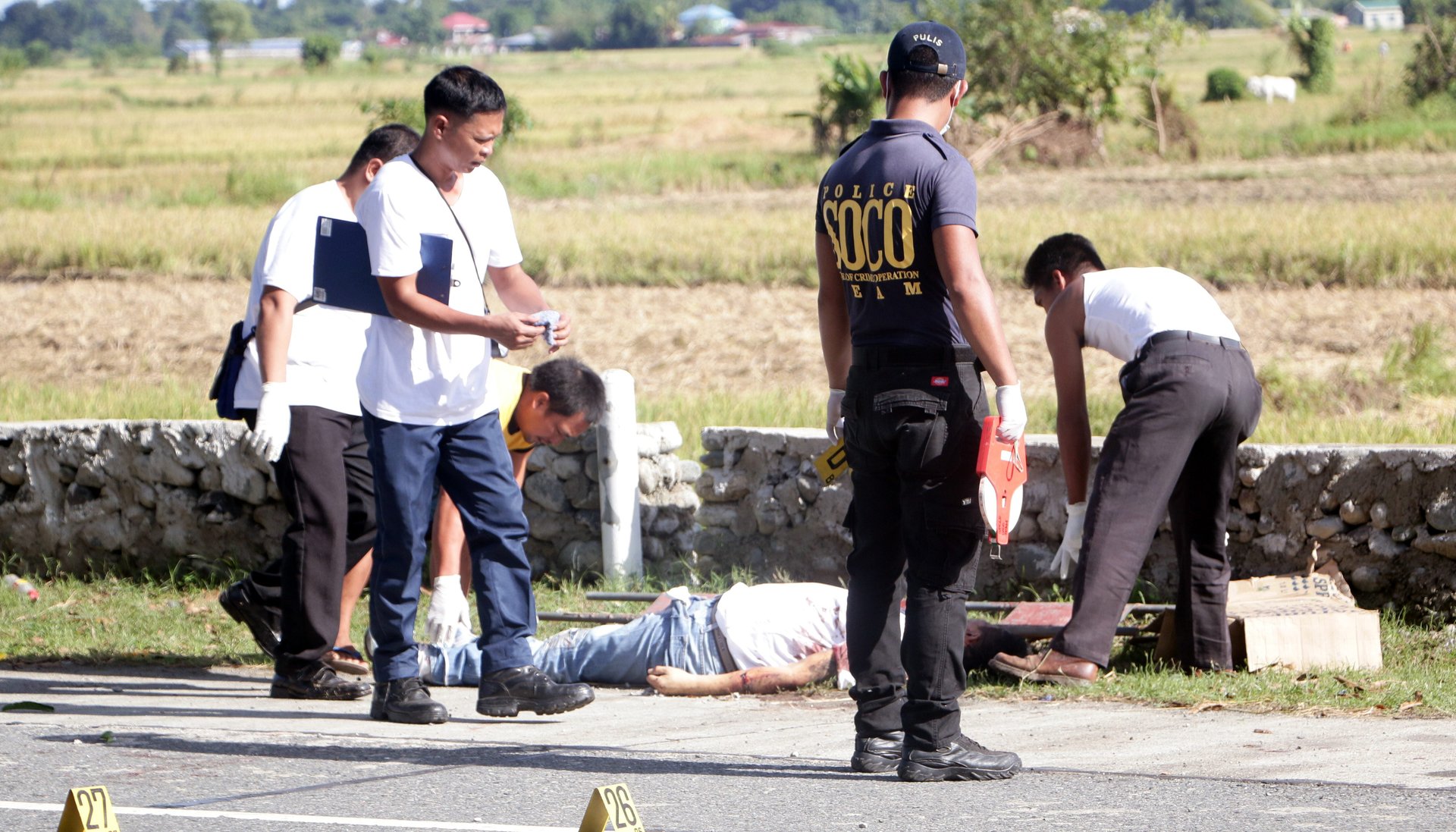The International Criminal Court is taking the next step on a complaint accusing Rodrigo Duterte of mass murder
The International Criminal Court (ICC) in The Hague is taking the first steps to examine a complaint filed by a Filipino lawyer against the country’s president, accusing him of crimes against humanity and mass murder through his war on drugs. While this doesn’t mean legal proceedings—or even an official investigation—will occur, it does mean they haven’t yet thrown out the complaint.


The International Criminal Court (ICC) in The Hague is taking the first steps to examine a complaint filed by a Filipino lawyer against the country’s president, accusing him of crimes against humanity and mass murder through his war on drugs. While this doesn’t mean legal proceedings—or even an official investigation—will occur, it does mean they haven’t yet thrown out the complaint.
The Philippine government confirmed the ICC’s decision Thursday (Feb. 8), with a spokesman for Rodrigo Duterte calling the complaint “a waste of the court’s time and resources,” and that Duterte “welcomes the preliminary examination because he is sick and tired of being accused.”
The complaint was filed in April last year by lawyer Jude Sabio, who also defended Edgar Matobato, a 57-year-old man who testified in the Philippine Senate last year on Duterte’s role in the extrajudicial killings against people involved in the drug trade in the country. Matobato said that he was a former hitman in a shadowy vigilante group started and funded by Duterte when he was mayor of Davao City, in the southern Philippines. The group came to be known as the Davao Death Squad (DDS). During his testimony, Matobato detailed dozens of assaults and killings ordered by Duterte, including feeding a man’s body to a crocodile in 2007.
When a complaint is made, the ICC decides whether or not to open a preliminary examination, which involves reviewing the information and then making a determination whether or not to open a full investigation. It’s unclear how long determining that will take, and in general, the court pursues very few cases. The complaint filed to the ICC names other senior Philippine officials as respondents, including the police chief and Duterte’s son, the vice mayor of Davao City. The testimony of Matobato, the former hitman, is part of the complaint to the ICC.
Regarding the allegations about the so-called death squad, Duterte’s legal counsel has previously described Matobato’s allegations as not credible and “political harassment.”
According to the Philippine police, close to 4,000 drug suspects have been killed since June 2016 in what they term “legitimate police operation,” but rights groups put that body count at far higher.
Duterte has in the past twice dialed back the war on drugs by pulling the national police force out of drug-related operations and reassigning control to the anti-drug agency after a series of incidents suggesting police abuses. The first time was in early 2017 after a South Korean businessman had been kidnapped and murdered in the headquarters of the Philippine National Police, and last October following the deaths of three teenagers. In December, however, Duterte reinstated the police to the frontline of the campaign.
Duterte, who often rails against what he sees as unjust criticism by Western governments and activists against his war on drugs, has in the past described the brains of European lawyers as “like a pea.”